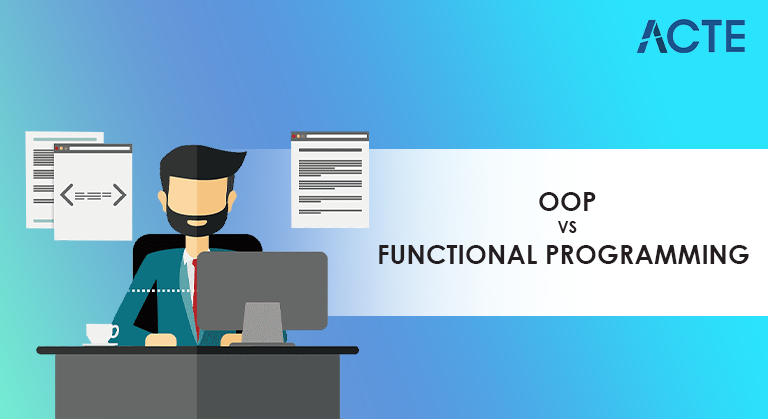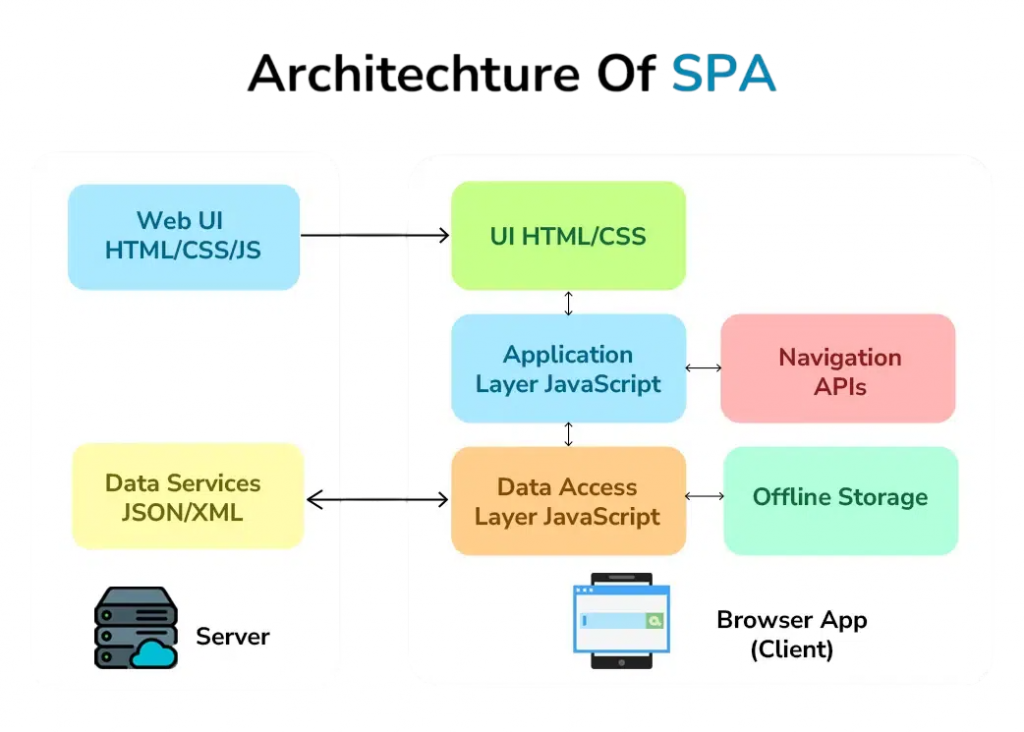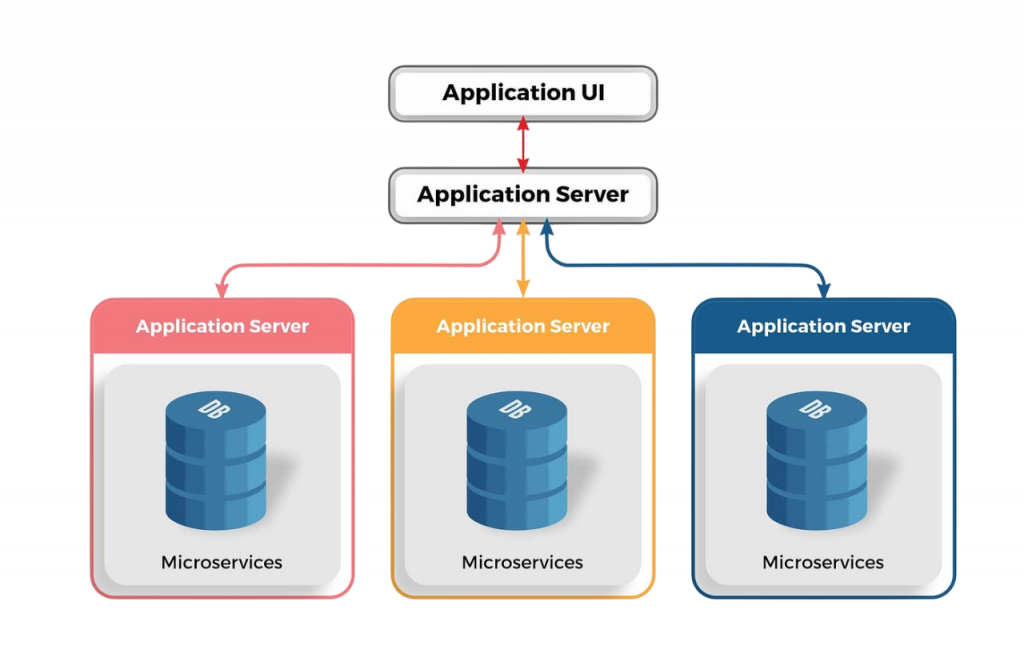
- What Is Node.js?
- Real-Time Collaboration Tools
- Single-Page Applications (SPAs)
- Streaming Applications
- Internet of Things (IoT)
- Microservices Architecture
- Complex Fintech & Ecommerce Applications
- Other Powerful Node.js Use Cases
- Conclusion
What Is Node.js?
Before we look at what it can do, let’s talk about what Node.js is. Node.js is a system that runs JavaScript code outside a web browser. It uses Chrome’s V8 JavaScript engine, which is very fast. Node.js uses a non-blocking, event-driven I/O model. This means Node.js can manage many connections at the same time without slowing down. To understand how this architecture supports high-performance applications and integrates with modern frontend frameworks, explore Full Stack Training a comprehensive course that covers asynchronous programming, scalable server design, and real-world deployment strategies for building efficient, end-to-end web solutions. It deals with all tasks at once instead of waiting for one to end before starting another. This makes it light and quick, which is good for making scalable and fast applications.
Real-Time Collaboration Tools
Node.js is quite useful when it comes to creating platforms where people can work together in real time. Consider programs, such as Google Docs or Trello, where several people can change a document or project at the same time and see the changes made by others right away. These real-time collaboration features rely on backend technologies that support concurrency, event broadcasting, and low-latency data sync. To explore which tools make this possible, check out Top Node.js Frameworks a curated guide that compares leading frameworks like Socket.io, NestJS, and Express, helping developers choose the right stack for building scalable, real-time applications. Node.js works well in this situation because it can keep a constant, two-way link between the server and the user through things, like WebSockets. Its design, which is based on events, handles updates from a lot of people at once and sends them out to everyone else immediately. This makes sure that everyone can work together smoothly without delays.
Are You Interested in Learning More About Full Stack Developer? Sign Up For Our Full Stack Developer Training Today!
Single-Page Applications (SPAs)
Single-Page Applications feel fast and responsive because they load a single HTML page and dynamically update content as the user interacts with them. To simplify deployment and reduce initial load times, explore AngularJS CDN Integration a practical guide that explains how to link AngularJS libraries via CDN, enabling lightweight setups, faster rendering, and easier maintenance for dynamic web applications. However, they need a strong backend to deliver data efficiently. This is where a Node.js backend shines.
- Perfect for APIs: Node.js is ideal for building fast and lightweight APIs that feed data to the front-end of an SPA. It acts as a simple yet powerful data pipeline.
- Efficient Data Handling: SPAs make many small requests for data. The non-blocking nature of Node.js allows it to handle these numerous requests concurrently without slowing down.
- Unified Language: A huge advantage is using JavaScript for both the front-end (with frameworks like React or Vue) and the back-end. This simplifies development, reduces complexity, and streamlines the entire process.
- Processing Data in Chunks: Node.js processes data in small, manageable chunks as it arrives. This means you can start sending parts of a video file to the user before the whole file is even read from the disk.
- Memory Efficiency: This chunk-based processing is incredibly memory-efficient. It prevents the server from crashing when dealing with massive files, which is why major companies like Netflix use Node.js for their streaming services.
- Fast and Scalable: This makes Node.js an excellent choice for building applications that involve video streaming, live audio feeds, or real-time data processing.
- Location-Based Applications: For apps that rely on real-time location data, like ride-sharing or delivery services, Node.js can efficiently handle frequent geopositioning updates from thousands of users.
- Content Management Systems (CMS): Node.js is used to build fast and modern headless CMS platforms. These systems provide a backend API to manage content, which can then be delivered to any front-end, like a website or mobile app.
- Real-Time Applications: This includes a wide range of apps like online gaming servers, live sports updates, and instant messaging clients. The low-latency, two-way communication capabilities of Node.js make it perfect for any application where instant data exchange is critical.

Would You Like to Know More About Full Stack Developer? Sign Up For Our Full Stack Developer Training Now!
Streaming Applications
When it comes to streaming video or audio, you need a technology that can handle large amounts of data without overwhelming the server’s memory. Node.js is perfectly built for this challenge, thanks to its native Stream API. To see how streaming fits into broader application architecture and real-time data handling, explore Full Stack Training a hands-on program that covers backend efficiency, frontend integration, and scalable design patterns for building robust, data-intensive web applications.
Internet of Things (IoT)
The Internet of Things (IoT) has a huge number of connected devices, like smart home tools and factory sensors. These devices regularly send bits of data to a main server. Handling all these connections, sometimes millions, is hard. Node.js is a good choice to manage IoT systems. Its event-driven architecture and lightweight runtime make it ideal for handling multiple device connections and real-time data streams. To see how frontend components can visualize and interact with this data, explore Understanding Angular Components a practical guide that explains how modular UI elements in Angular can bind to live data, manage state efficiently, and deliver responsive dashboards for IoT applications. Its event-driven design means it can handle many connections from different devices without needing a lot of server power. It can easily gather, process, and send data, which makes it a popular technology for IoT back-end systems.
Microservices Architecture
Microservices break down large applications into smaller, independent services, each for a specific function. To learn how modular backend services can power dynamic frontends and scale independently, explore Create Microservices in Node.js a hands-on guide that walks through service decomposition, API routing, and deployment strategies for building resilient, maintainable backend systems.

They can be developed, deployed, and scaled separately. Node.js works well for building these microservices because it is lightweight and starts up fast. This makes it suitable for creating focused services that do one thing well and lets development teams work better, making the whole system easier to maintain. Many companies use microservices with Node.js to build flexible and scalable platforms.
Preparing for Full Stack Development Job? Have a Look at Our Blog on Full Stack Development Interview Questions and Answers To Ace Your Interview!
Complex Fintech & Ecommerce Applications
The finance and e-commerce sectors need applications that are quick, secure, and able to manage lots of transactions. Some may see Node.js as suitable for simple apps only, but big companies like PayPal have shown it can do much more. Node.js applications work well for data-heavy jobs like payment processing, order tracking, or managing user accounts. To understand how Node.js fits into modern tech stacks and supports enterprise-grade workloads, explore Web Development Technologies a comprehensive guide that covers backend frameworks, frontend integrations, and scalable architecture patterns used by top companies worldwide. Its speed means transactions are processed fast, which makes the user experience better. Also, its wide collection of packages (NPM) gives useful tools for security and data management, making it a dependable choice for building involved and secure financial platforms.
Other Powerful Node.js Use Cases
Beyond the major categories, Node.js is flexible enough to power many other types of applications. Here are a few more popular examples: real-time chat apps, streaming platforms, IoT dashboards, and collaborative tools. To get started building these, explore Setting Up Node.js and NPM a beginner-friendly guide that walks through installation, environment configuration, and package management essentials for launching scalable Node.js projects.
Conclusion
Node.js applications come in many forms. Whether managing numerous IoT devices or running single-page applications, Node.js provides speed, the ability to grow, and efficient resource use. To understand how these backend capabilities integrate with frontend frameworks and deployment strategies, explore Full Stack Training a comprehensive program that covers server-side development, client-side rendering, and real-world project workflows for building scalable, end-to-end web applications. Its design, which avoids blocking operations, makes it suitable for real-time applications or large data transfers. Node.js offers the needed tools and performance for both small startups and large business systems in today’s digital world.





